Air Superiority Battle In The Middle East, 1967-1973
Nonfiction, History, Middle East, Israel, Military| Author: | Major Clarence E. Olschner III | ISBN: | 9781782894223 |
| Publisher: | Tannenberg Publishing | Publication: | August 15, 2014 |
| Imprint: | Tannenberg Publishing | Language: | English |
| Author: | Major Clarence E. Olschner III |
| ISBN: | 9781782894223 |
| Publisher: | Tannenberg Publishing |
| Publication: | August 15, 2014 |
| Imprint: | Tannenberg Publishing |
| Language: | English |
This paper is an historical study of the strategy, tactics, and weapons employed by Israel, Egypt, and Syria in the battle for air superiority from 1967 through 1973. The study is developed chronologically beginning with the 1967 War, through the War of Attrition, and ending with the cease-fire in the 1973 War. It has been compiled from an extensive review of unclassified, primarily secondary, unofficial sources. The paper concludes that, in a mid-intensity war with modern air forces and air defense forces: 1) The achievement of strategic, tactical, and/or technological surprise can significantly influence the battle for air superiority, 2) Missiles have demonstrated the capability to significantly influence the air superiority battle in surface-to-air, air-to-air, and air-to-ground operations, 3) Air superiority can be achieved over the modern battlefield only by defeating both surface-to-air and air-to-air capabilities of the enemy, 4) The achievement of air superiority over the battle area requires the combined efforts of air and land forces of which long range artillery may be the most effective weapon for the suppression of surface-based air defenses.
This paper is an historical study of the strategy, tactics, and weapons employed by Israel, Egypt, and Syria in the battle for air superiority from 1967 through 1973. The study is developed chronologically beginning with the 1967 War, through the War of Attrition, and ending with the cease-fire in the 1973 War. It has been compiled from an extensive review of unclassified, primarily secondary, unofficial sources. The paper concludes that, in a mid-intensity war with modern air forces and air defense forces: 1) The achievement of strategic, tactical, and/or technological surprise can significantly influence the battle for air superiority, 2) Missiles have demonstrated the capability to significantly influence the air superiority battle in surface-to-air, air-to-air, and air-to-ground operations, 3) Air superiority can be achieved over the modern battlefield only by defeating both surface-to-air and air-to-air capabilities of the enemy, 4) The achievement of air superiority over the battle area requires the combined efforts of air and land forces of which long range artillery may be the most effective weapon for the suppression of surface-based air defenses.




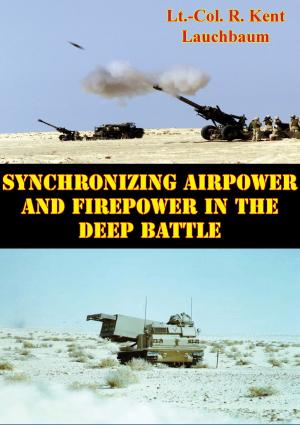


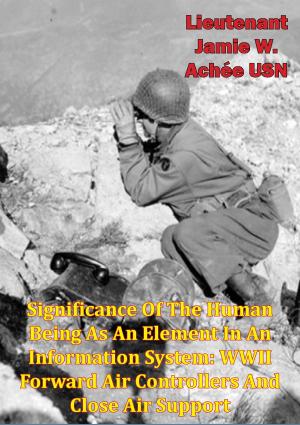
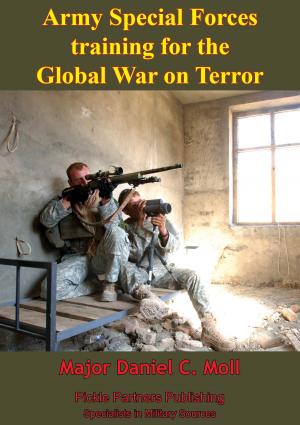
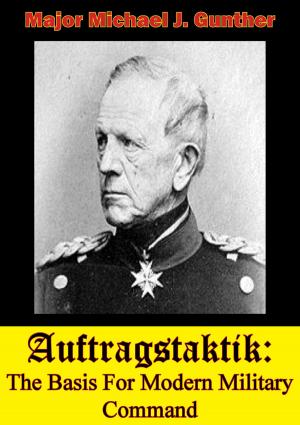
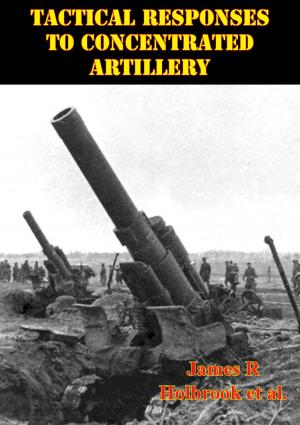
![Cover of the book General Leemy’s Circus: A Navigator’s Story Of The Twentieth Air Force In World War II [Illustrated Edition] by Major Clarence E. Olschner III](https://www.kuoky.com/images/2015/november/300x300/9781786253330-G0nj_300x.jpg)

![Cover of the book Wanat : Combat Action In Afghanistan, 2008 [Illustrated Edition] by Major Clarence E. Olschner III](https://www.kuoky.com/images/2014/august/300x300/9781782894940-TjlN_300x.jpg)
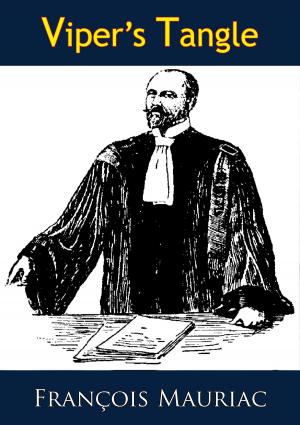
![Cover of the book D-Day 1944 - Air Power Over The Normandy Beaches And Beyond [Illustrated Edition] by Major Clarence E. Olschner III](https://www.kuoky.com/images/2014/august/300x300/9781782898870-gH4f_300x.jpg)